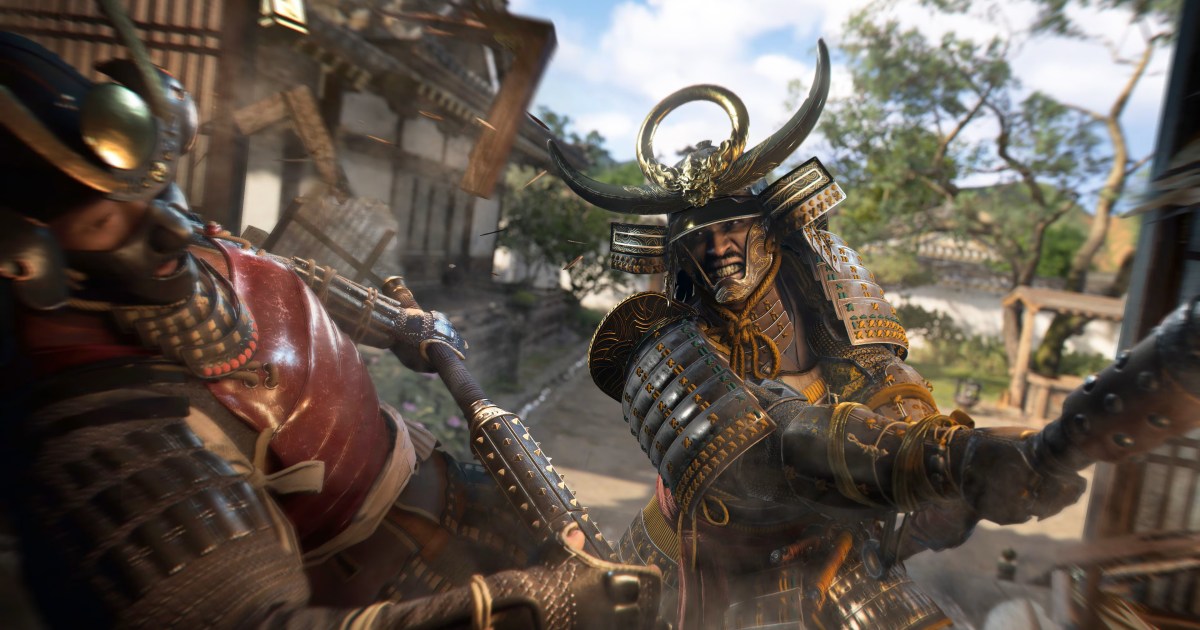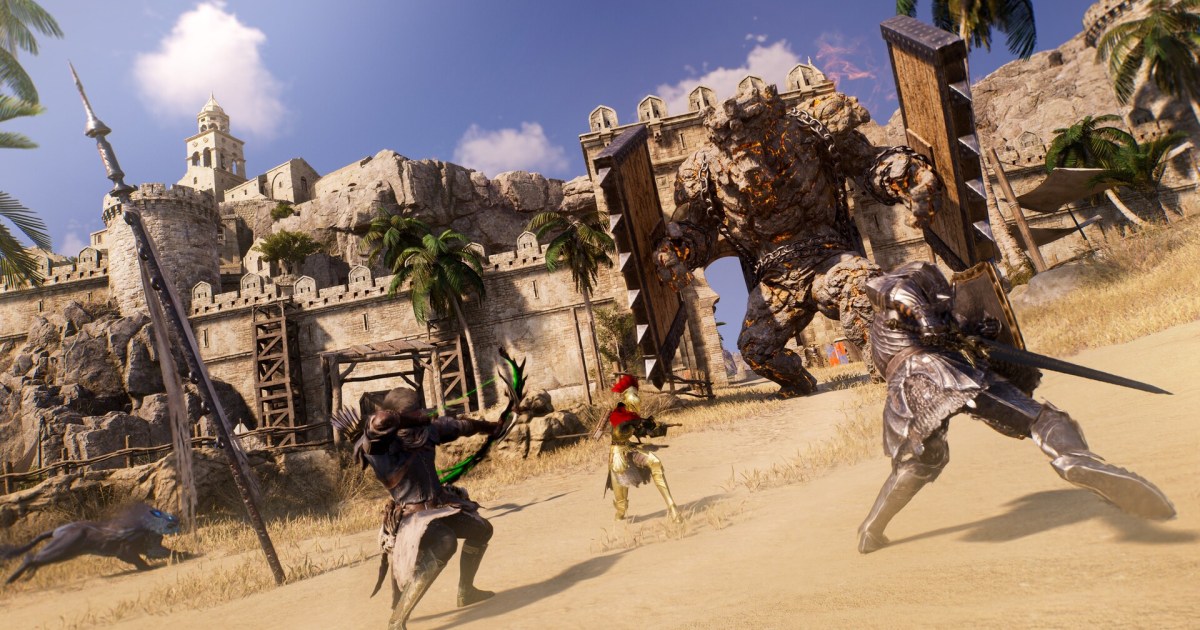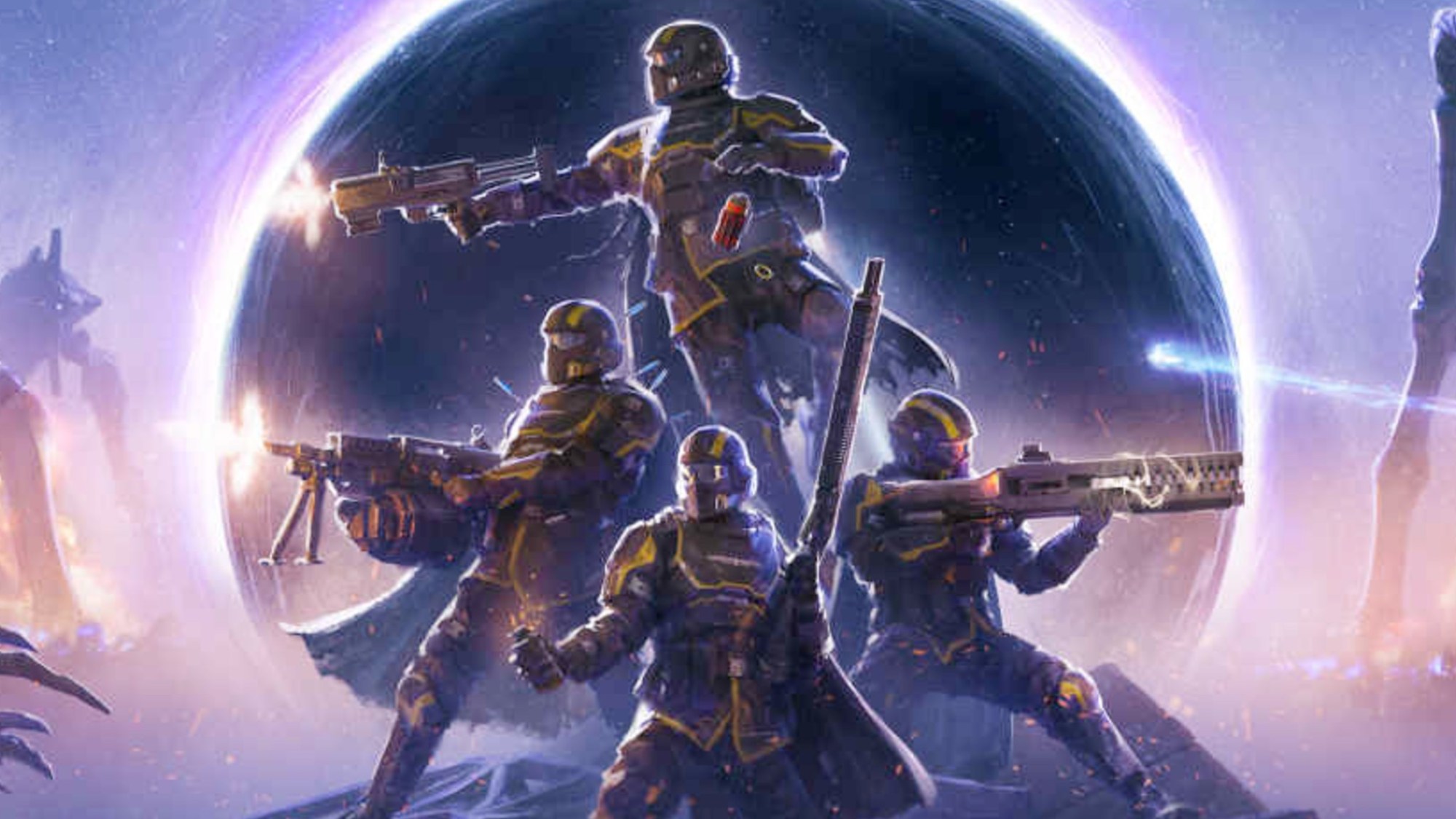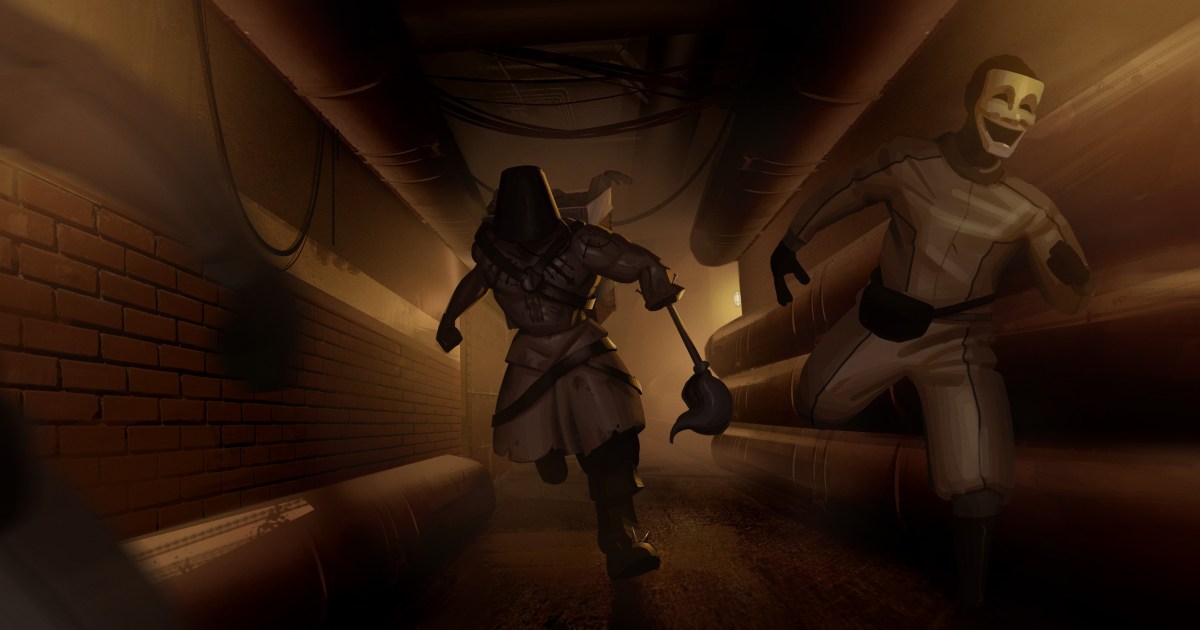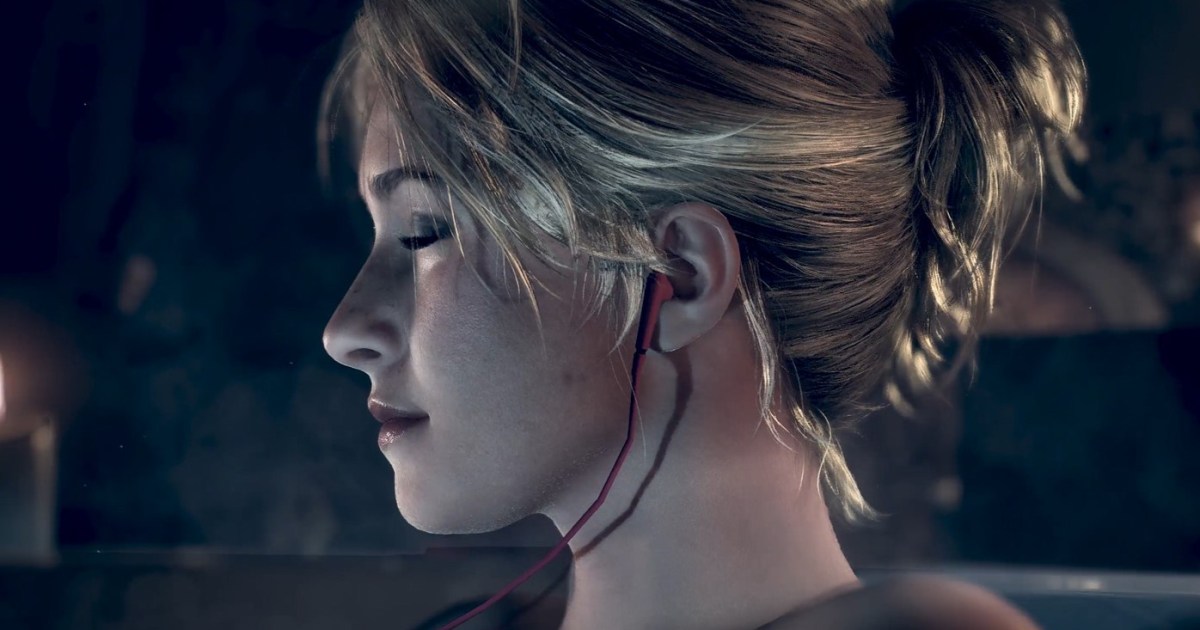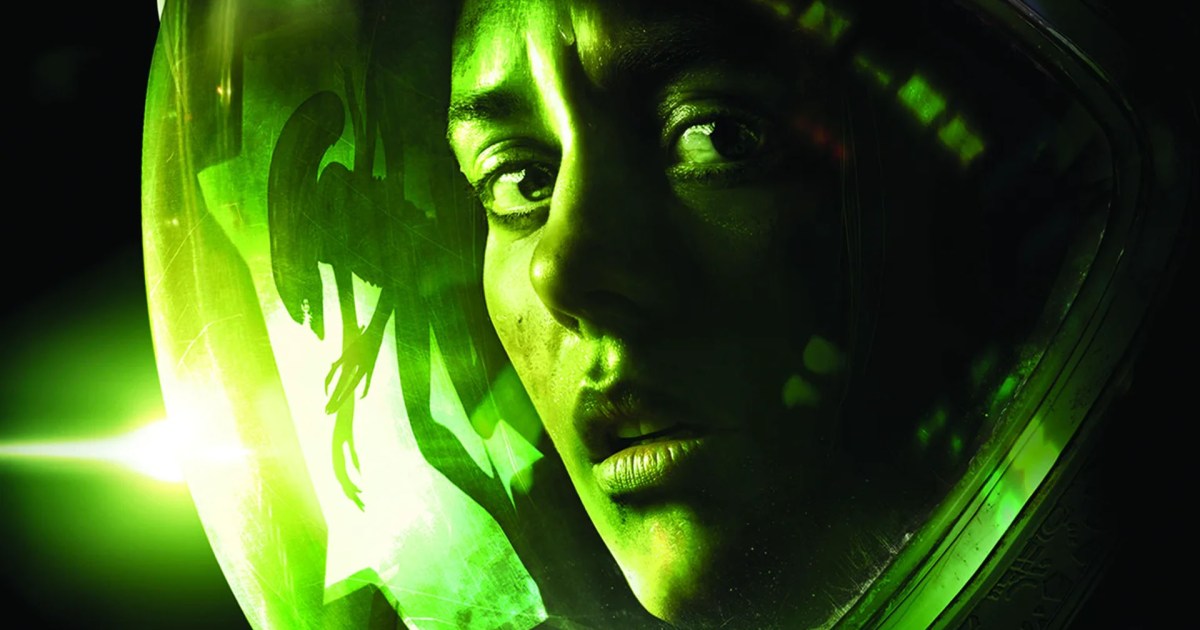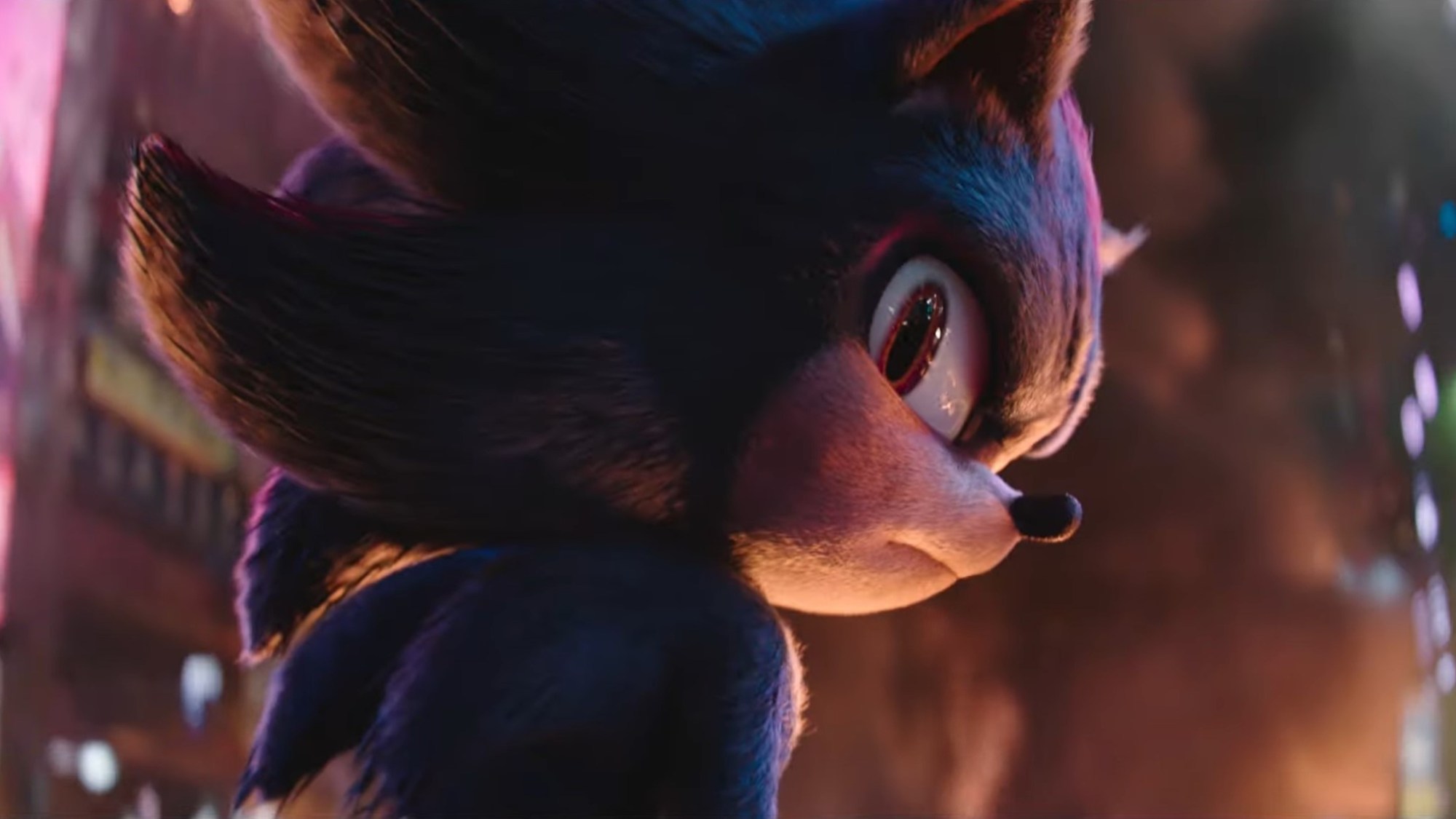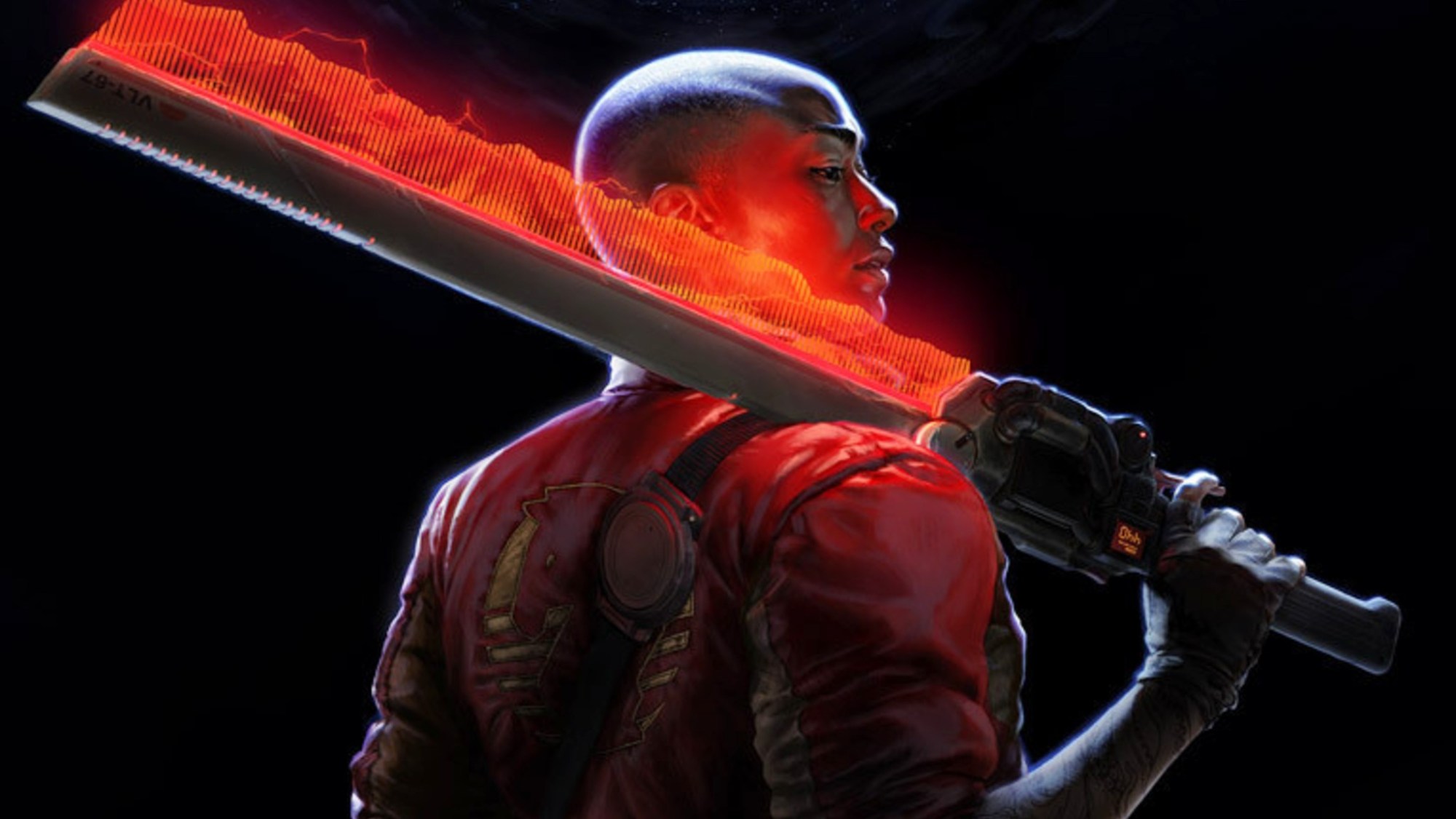Ubisoft, a leading video game publisher, is reportedly exploring a potential buyout, signaling significant changes within the company. Recent reports from Bloomberg suggest that Tencent, already holding a 9.2% stake, the Guillemot family (founders with a 20.5% stake), and other minority shareholders are considering taking Ubisoft private. While discussions are preliminary and may not materialize, they highlight potential internal shifts following recent performance challenges and strategic adjustments.
Internal Turmoil and Strategic Shifts
Ubisoft recently announced a delay for Assassin’s Creed Shadows, pushing its release from November to February of the following year. While citing the need for further polish, the company also revealed a shift towards a “player-centric approach.” This includes abandoning the season pass model, which previously incentivized players with perks like early access and exclusive missions for additional purchases. Ubisoft will also return to releasing PC games on Steam alongside its own platform.
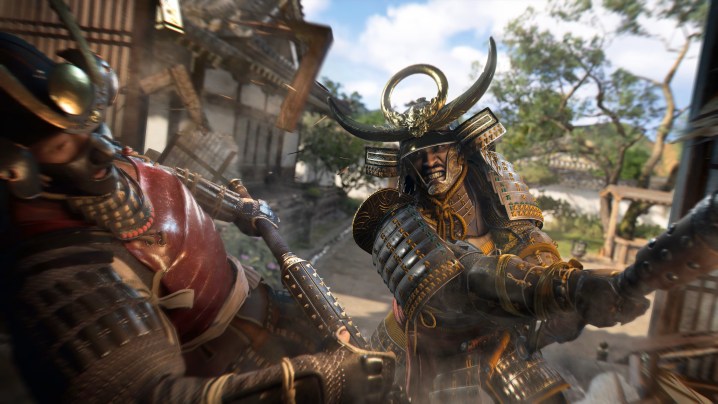 Yasuke in Assassin
Yasuke in Assassin
CEO Yves Guillemot acknowledged the company’s underperforming second-quarter results, emphasizing the focus on player-centricity and gameplay. This strategic shift aims to enhance the long-term value of Ubisoft’s brands.
Market Performance and Investor Response
The news of the potential buyout and strategic changes led to a significant surge in Ubisoft’s share price, increasing by up to 33%. This is a notable recovery, considering the stock has been trading at its lowest levels since 2015, with a decline of over 40% since January, according to analysts. The recent decline is attributed to the lukewarm reception of Star Wars Outlaws, released in late August, which experienced lower-than-expected sales. The Outlaws development team is actively addressing player feedback through planned updates.
Future Outlook
The potential buyout and strategic changes suggest a period of transition for Ubisoft. The company’s focus on player satisfaction and gameplay, coupled with the potential for new ownership, could significantly impact its future direction. The market’s positive response to the announced changes indicates investor confidence in Ubisoft’s potential for recovery and growth. However, the success of this new direction will depend on the execution of these strategies and the ability to deliver compelling gaming experiences that resonate with players.
The potential involvement of Tencent and the Guillemot family in the buyout discussions further adds to the complexity of the situation. While the outcome of these talks remains uncertain, the move towards a player-centric approach and the potential for private ownership could mark a significant turning point for Ubisoft in the competitive gaming landscape.



